Infectious disease
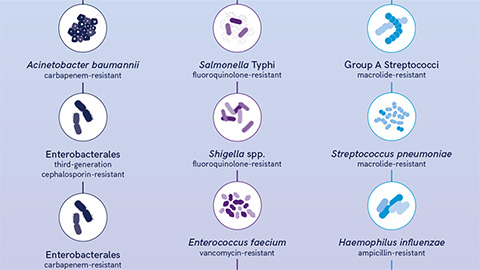
Training AI to uncover novel antimicrobials
Antibiotic resistance kills millions, but César de la Fuente’s lab is fighting back. By pairing AI with human insight, researchers are uncovering hidden antimicrobial peptides across the tree of life with a 93% success rate against deadly pathogens.
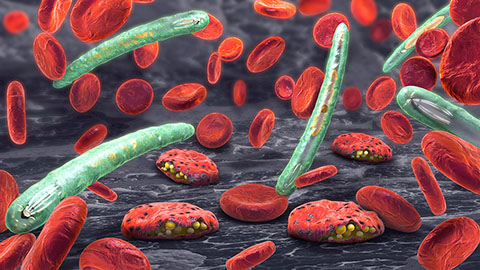
AI-designed biomarker improves malaria diagnostics
Researchers from the University of Melbourne engineered Plasmodium vivax diagnostic protein with enhanced yield and stability while preserving antibody-binding, paving the way for more reliable malaria testing.
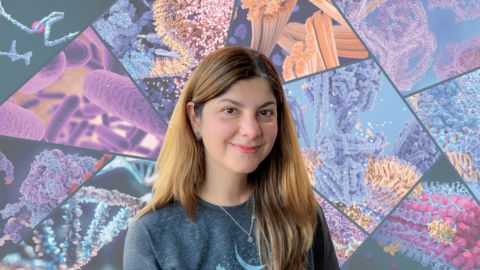
How HCMV hijacks host cells — and beyond
Ileana Cristea, an ASBMB Breakthroughs webinar speaker, presented her research on how viruses reprogram cell structure and metabolism to enhance infection and how these mechanisms might link viral infections to cancer and other diseases.

Engineered fusion protein targets kiwifruit pathogen
Synthetic protein selectively kills kiwifruit pathogen, offering a promising biocontrol strategy for agriculture. Read more about this recent JBC paper.
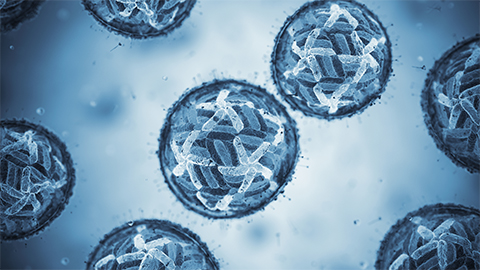
Host fatty acids enhance dengue virus infectivity
Researchers in Germany find that viral replication depends on host enzymes that synthesize lipids, revealing potential metabolic targets for antiviral intervention. Read more about this recent Journal of Biological Chemistry paper.
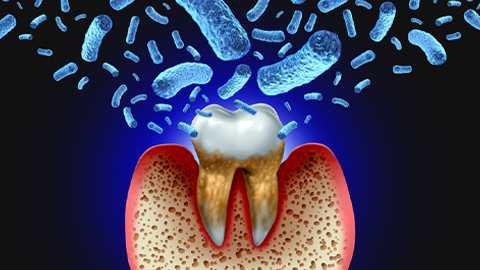
Influenza gets help from gum disease bacteria
Scientists discover that a protease from Porphyromonas gingivalis enhances viral spread. Read more about this recent Journal of Biological Chemistry paper.
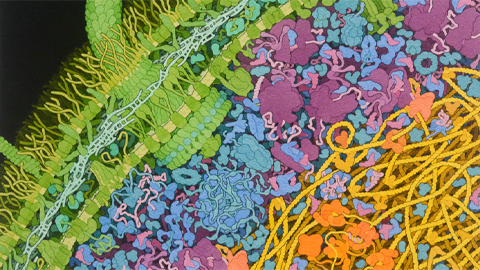
How bacteria fight back against promising antimicrobial peptide
Researchers find a mutation in E. coli that reduces its susceptibility to a potential novel antibiotic. Read more about this recent Journal of Biological Chemistry paper.
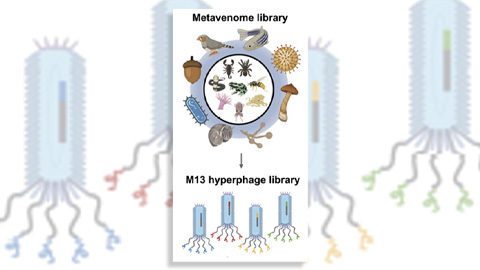
Innovative platform empowers scientists to transform venoms into therapeutics
Scientists combine phage display and a “metavenome” library to discover new drugs that bind clinically relevant human cell receptors. Read about this recent Molecular & Cellular Proteomics paper.
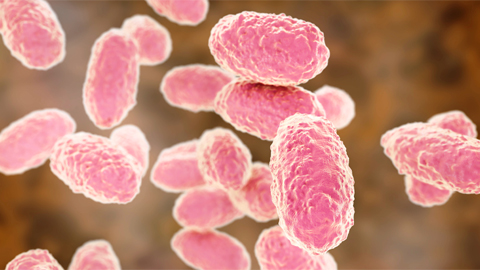
Targeting toxins to treat whooping cough
Scientists find that liver protein inhibits of pertussis toxin, offering a potential new treatment for bacterial respiratory disease. Read more about this recent study from the Journal of Biological Chemistry.
